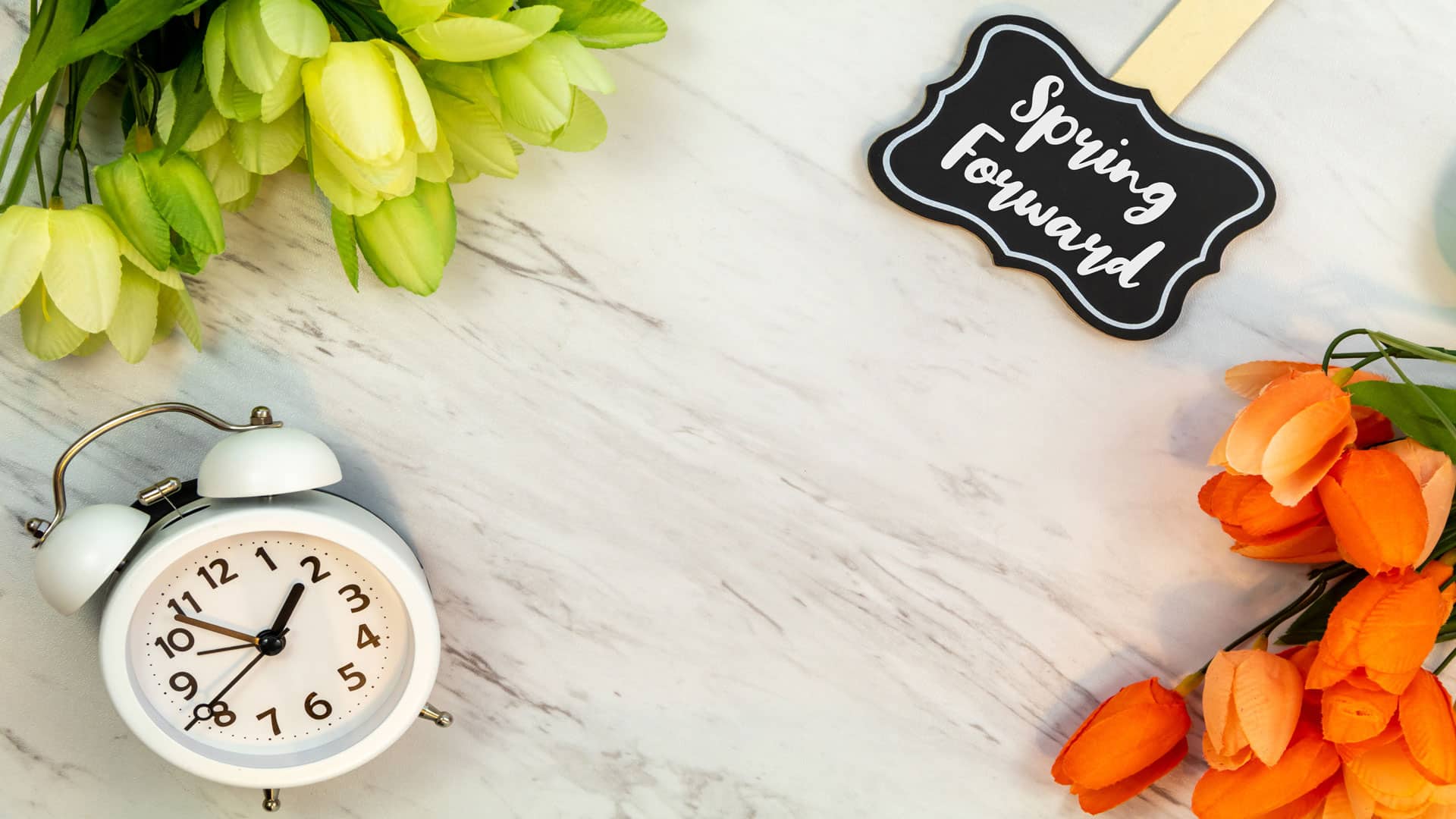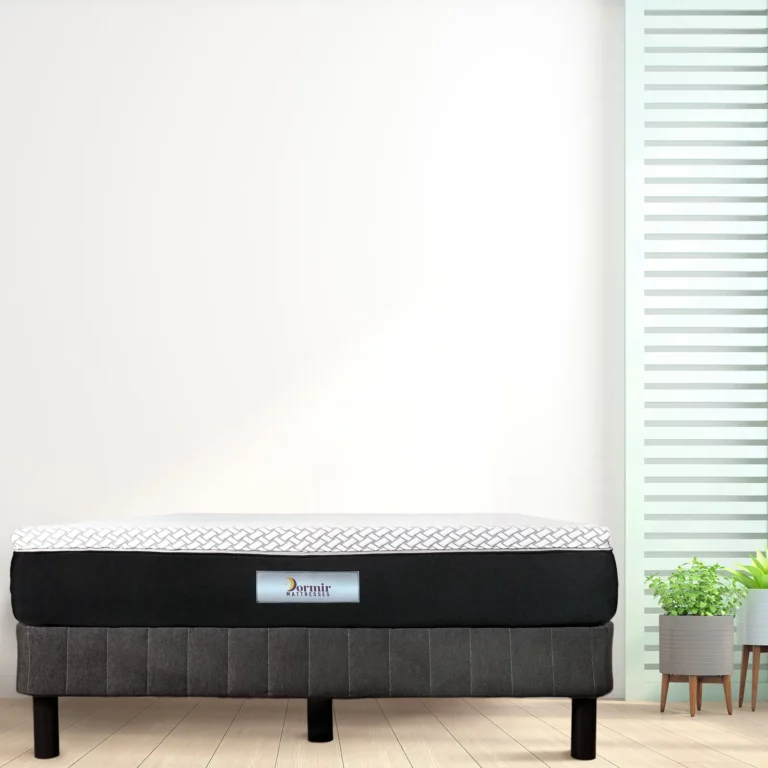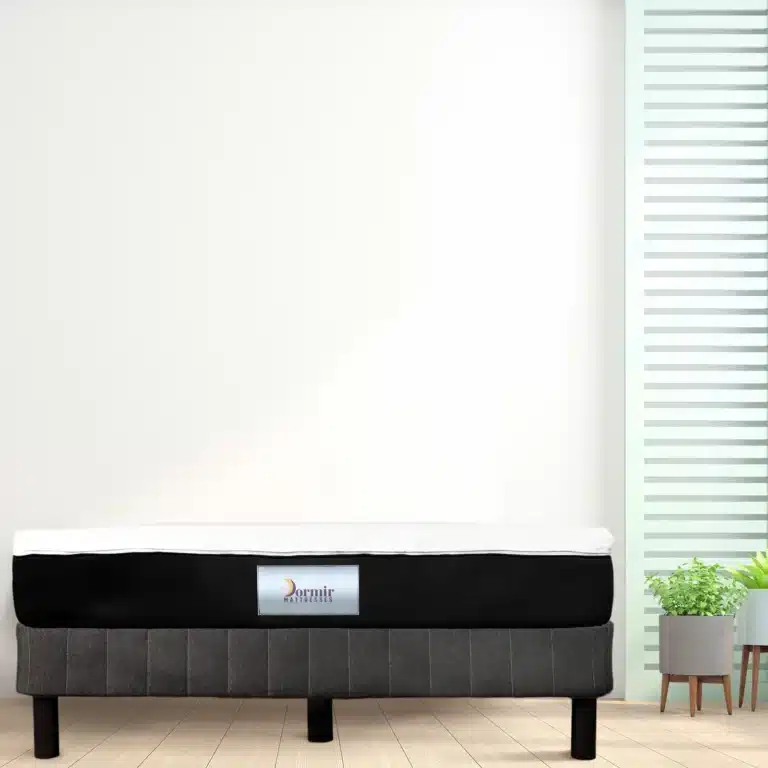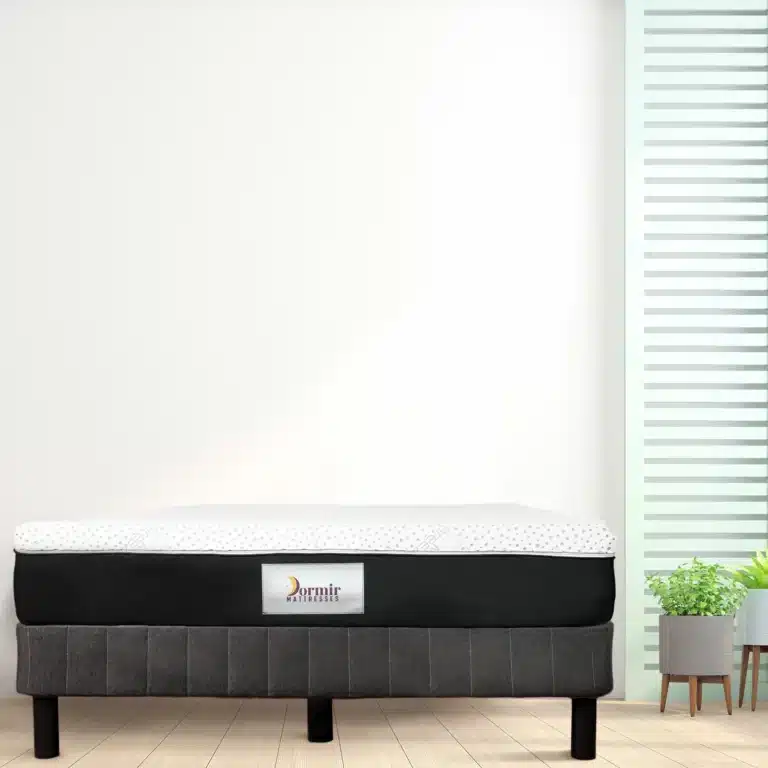Adjust Your Sleep For Daylight Savings

Spring forward, and fall back. Daylight savings is coming up, and unfortunately our internal clocks do not automatically adjust like our phones do. Not only can losing that hour of sleep make you feel groggy and irritable, studies show the desynchronization of our body’s internal clocks is linked to health risks such as depression, obesity, heart attacks, and even car accidents. To prevent this, there are ways to cope and adjust to this. Some people can adapt in a few days, and some take longer. Sleep equals better health!
Get A Headstart!
Prepare a few days early; this year daylight savings falls on March 14, 2021. When it hits 2:00 am, time will spring ahead by one hour. Start going to bed 15 to 30 mins earlier; your body will thank you for that hour loss. Plan, Plan, and Plan Some More!
Stick To A Sleep Schedule.
Be consistent with your eating, exercise and work schedule. Exposing yourself to the bright sunlight will help you adjust.
Do Not Take Long Naps.
Short power naps can be beneficial to your day, but longer naps can negatively affect your schedule. Sleeping in the daytime can confuse your internal clock, meaning you will struggle to sleep at night.
Avoid Crazy Amounts Of Coffee.
We all love coffee but drink it in moderation. Try to avoid any caffeinated beverages 4-6 hours before your bedtime.
Avoid Electronics.
We all need to catch up on our socials and our favourite shows, but high-intensity light stimulates your brain and affects melatonin (a hormone that triggers sleepiness). Try to put down your phone, computer and tv time an hour before bedtime.
Set A Bedtime.
Bedtimes are not only for children. It is essential to stay consistent with the amount of sleep you get each night. Ensure you get those 7 - 9 hours of sleep every day.
Lastly, Your Bed Should Be Used Only For Sleeping.
Even though your bed is warm and cozy, keep it strictly for sleep!
Sweet dreams! We'll concur daylight savings together!








